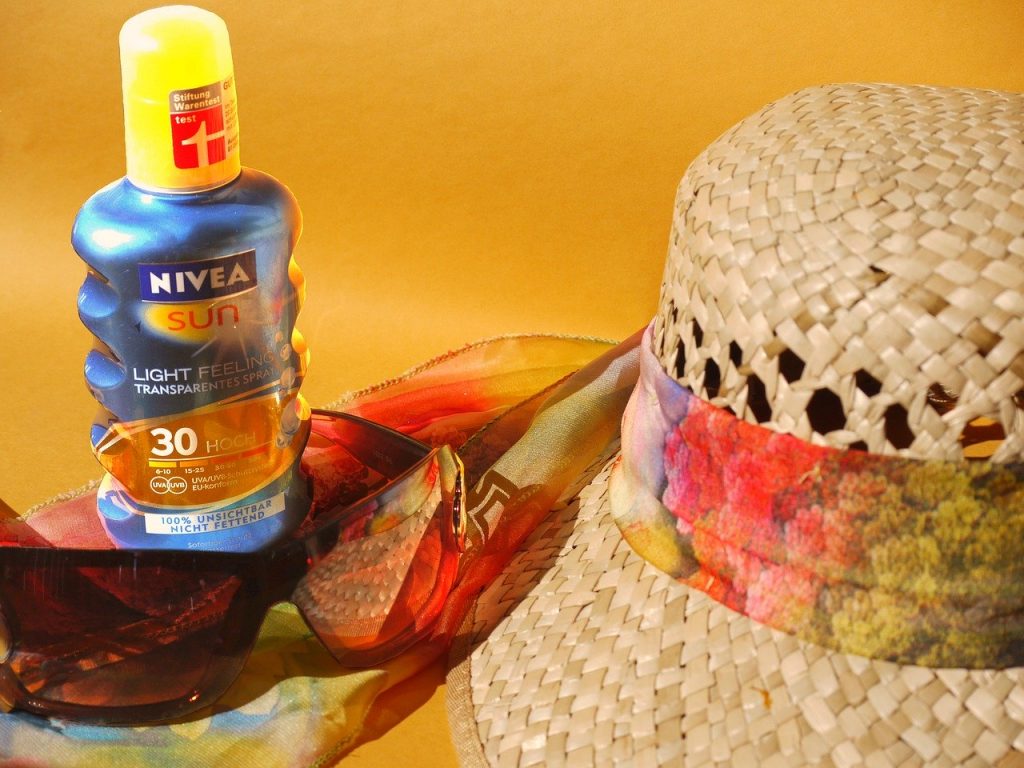As we emerge from quarantine and flock to beaches and parks, a friendly reminder to apply a broad-spectrum sunscreen with an SPF of 50 or higher before you head out the door.
If, when you reach for said bottle, you realize that buying sunscreen slipped off your radar and all you have is last summer’s leftovers—or even the summer before that if you were especially judicious about applying it—you may be wondering: Does sunscreen expire?
The short answer is yes. But the full answer is a little more nuanced than that.
The FDA requires all sunscreens to be tagged with an expiration date, unless the manufacturer has proven that the product can last at least three years. So, if you can’t find an expiration date stamped somewhere on your bottle, you can assume the sunscreen’s still good if you bought it within the last three years.
That’s according to the FDA. Personally, I would assume the sunscreen was made at least six months before you bought it, just to be on the safe side. There’s no way to know for sure how long it was sitting on the shelf at the store, or in a box before it even reached that shelf.

Trust your instincts
That said, if something seems off about the sunscreen, trust your instincts and don’t use it. If it smells or looks strange, throw it away. Changes in consistency could mean that the ingredients are no longer active. So you could slather yourself in it and head outside believing you’re protected, only to develop a sunburn because the sunscreen wasn’t actually doing anything.
And that can be true even of unopened sunscreens. If you stocked up at an end-of-season sale last summer and stored those bottles in a damp garage or a stuffy attic, they may no longer be effective. Exposure to heat and moisture can break down the ingredients prematurely.
What to do in a pinch
What should you do if you don’t want to risk venturing into a store just to buy more sunscreen? If you’re truly in a pinch—you’ve ordered more online, but it’s not scheduled to arrive until tomorrow—expired sunscreen may be better than using no sunscreen at all, especially if the active ingredient is a physical sunblock, like zinc oxide or titanium dioxide.
Even then, if you’re meeting up with a friend and can borrow some from them, do so. In the meantime, wear a hat to shield your head and face and light, breathable clothing that covers as much of your body as possible.
And for future reference: I won’t say anything here about applying sunscreen year-round because you’re probably tired of hearing it, but you should at least be more generous with the sunscreen when you do apply it. That means fully covering yourself and reapplying it every couple of hours. If you have the same bottle through the entire summer, you’re not using enough.


 Don’t Let Eczema Flare-ups Ruin Your Summer
Don’t Let Eczema Flare-ups Ruin Your Summer